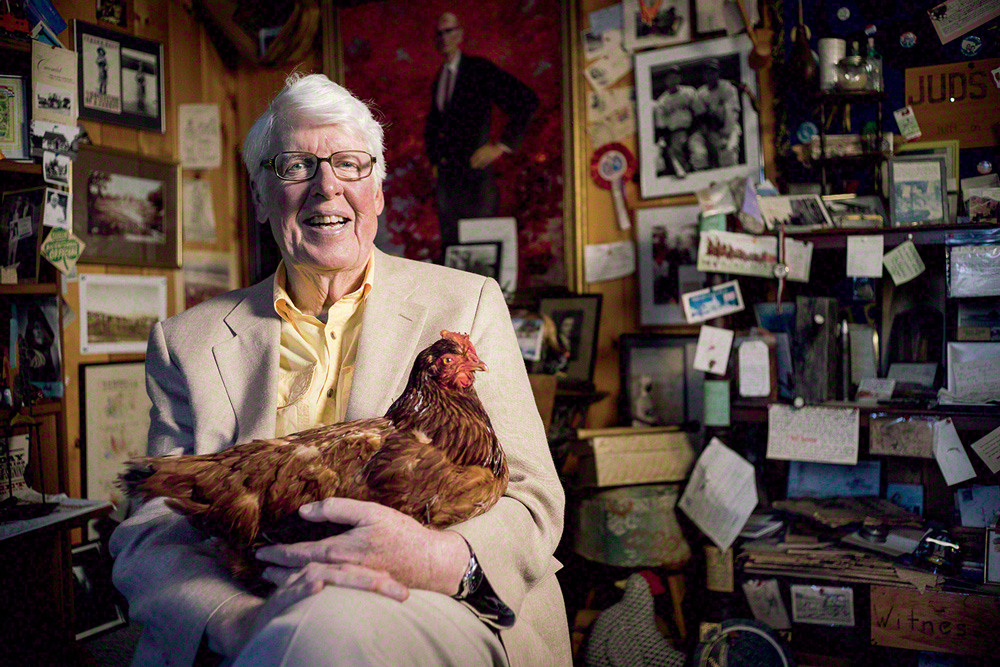Ready for some humor? (Who isn’t?) Here are our tips for sounding smarter than you really are and getting yourself out of tricky situations. Impress your friends and family!
How to Appear to Know More Than You Really Do
Like the great matador, the torero of the dining room table is marked by his (or her) ability to dodge, to weave, and to dance on the edge of disaster. Here, from an expert, are the basics.
Safe Subjects
A safe subject is one that is interesting and provocative enough to allow you to make broad statements of dubious value, but at the same time is obscure or complicated enough that nobody but an expert will be able to call your bluff. Here are a few Safe Subjects you might wish to consider:
- Quantum physics: For ambiguity, it’s hard to beat. It gave Einstein fits, and the best-known part of it is something called The Uncertainty Principle.
- The Dead Sea Scrolls: Discovered in 1947, these ancient texts have been studied ever since by a small group of biblical scholars who won’t let anyone else take a look, probably because they still haven’t figured out what they mean.
- James Knox Polk: One of a series of one-term presidents preceding the Civil War, he was elected in 1844 and declined to run for a second term. Not very interesting in himself, he’s a convenient guy to bring up if you get tired of somebody at the table who is yammering on about the current occupant of the White House. Then you say, “What about James Knox Polk?”
The person talking is stopped cold. “What about him?” he says belligerently.
“Well, everything you just said could also apply to James Knox Polk,” you reply. “And look what happened to him. He declined to run for a second term.”
Everyone nods. Who could argue with that?
All-Purpose Adjectives
These are descriptive terms that apply to almost anything. When asked to comment on a book, play, film, or musical composition of which you are completely ignorant, you should say:
“I prefer his (her) earlier works. They’re more pristine.” (Relatively few people know what “pristine” means in this context. It means “earlier.”)
Or, alternatively: “I prefer her (his) later works. They’re more mature.”
Irrefutable Opinions
At some point in any dinner conversation, someone is bound to turn to you and say, “What do you think?” You don’t want to say what you really think, because you haven’t been paying attention. You have actually been thinking about the funny noise you heard in your car on the way over, or wondering why your hostess bought that hideous painting on the wall, or trying to remember the name of the actress who played Mary Ann on “Gilligan’s Island.” But you can’t admit that. This is where you need to express an opinion that is relevant to any subject, and impervious to contradiction. Here are a few good ones:
- “It all depends.”
- “You can’t generalize.”
- ”C’est la vie.”
- “Things are different in [obscure region of the world].”
What To Do When Confronted
Even under the best of circumstances, some rude person may try to embarrass you by pointing out that you are a fraud. Don’t panic. You have three options:
- Tell the following anecdote: “Niels Bohr (that master of obscurity) once said there are two kinds of truth, trivial and profound. The opposite of a trivial truth is a falsehood. The opposite of a profound truth is another profound truth.” Then you can excuse yourself from the table while your questioner is trying to figure out what you just said.
- Point out the nearest window and shout, “Look at that!” hoping to distract the company’s attention.
- Take a bite of meat and chew it thoroughly as if formulating your reply. Then, once it is well chewed and tucked in the corner of your mouth, simulate choking to death.
In Conclusion
By following this advice, you should be able to talk your way out of any confounding conversation. Let us know how it works for you in the comments below!
Want more advice and folklore? Check out 100 Ways to Avoid Dying!










Comments